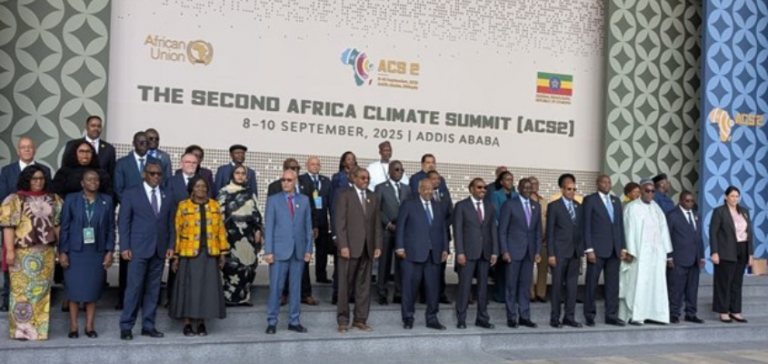The Second Africa Climate Summit Reveals The New Face Of Colonialism
Addis Ababa, Ethiopia - Ethiopia may be impoverished financially, but is irrefutably one of the wealthiest nations I’ve ever been to as it pertains to culture, heritage, and national pride. Addis Ababa is a proper city that is clearly rising with new construction everywhere from housing, to hotels, and infrastructure that includes the largest hydroelectric dam on the continent, which began operations on September 9, 2025. To this end, the vibrant city with its gregarious and affable residents was more than an appropriate location to host the second bi-annual Africa Climate Summit (ACS2). This is especially true as ACS2 was held at a time when Ethiopia is celebrating its national New Year Holiday and the opening of its new, aforementioned, hydroelectric dam, the Grand Ethiopian Renaissance Dam (GERD), which Ethiopian Prime Minister Abiy Ahmed hailed as, “the greatest achievement in the history of the Black race.”















